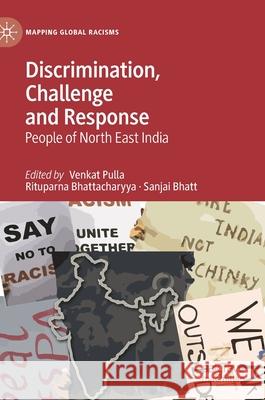Discrimination, Challenge and Response: People of North East India » książka
topmenu
Discrimination, Challenge and Response: People of North East India
ISBN-13: 9783030462505 / Angielski / Twarda / 2020 / 203 str.
Discrimination, Challenge and Response: People of North East India
ISBN-13: 9783030462505 / Angielski / Twarda / 2020 / 203 str.
cena 402,53
(netto: 383,36 VAT: 5%)
Najniższa cena z 30 dni: 385,52
(netto: 383,36 VAT: 5%)
Najniższa cena z 30 dni: 385,52
Termin realizacji zamówienia:
ok. 16-18 dni roboczych.
ok. 16-18 dni roboczych.
Darmowa dostawa!
Kategorie:
Kategorie BISAC:
Wydawca:
Palgrave MacMillan
Seria wydawnicza:
Język:
Angielski
ISBN-13:
9783030462505
Rok wydania:
2020
Wydanie:
2020
Numer serii:
000451272
Ilość stron:
203
Waga:
0.42 kg
Wymiary:
21.01 x 14.81 x 1.42
Oprawa:
Twarda
Wolumenów:
01
Dodatkowe informacje:
Wydanie ilustrowane











